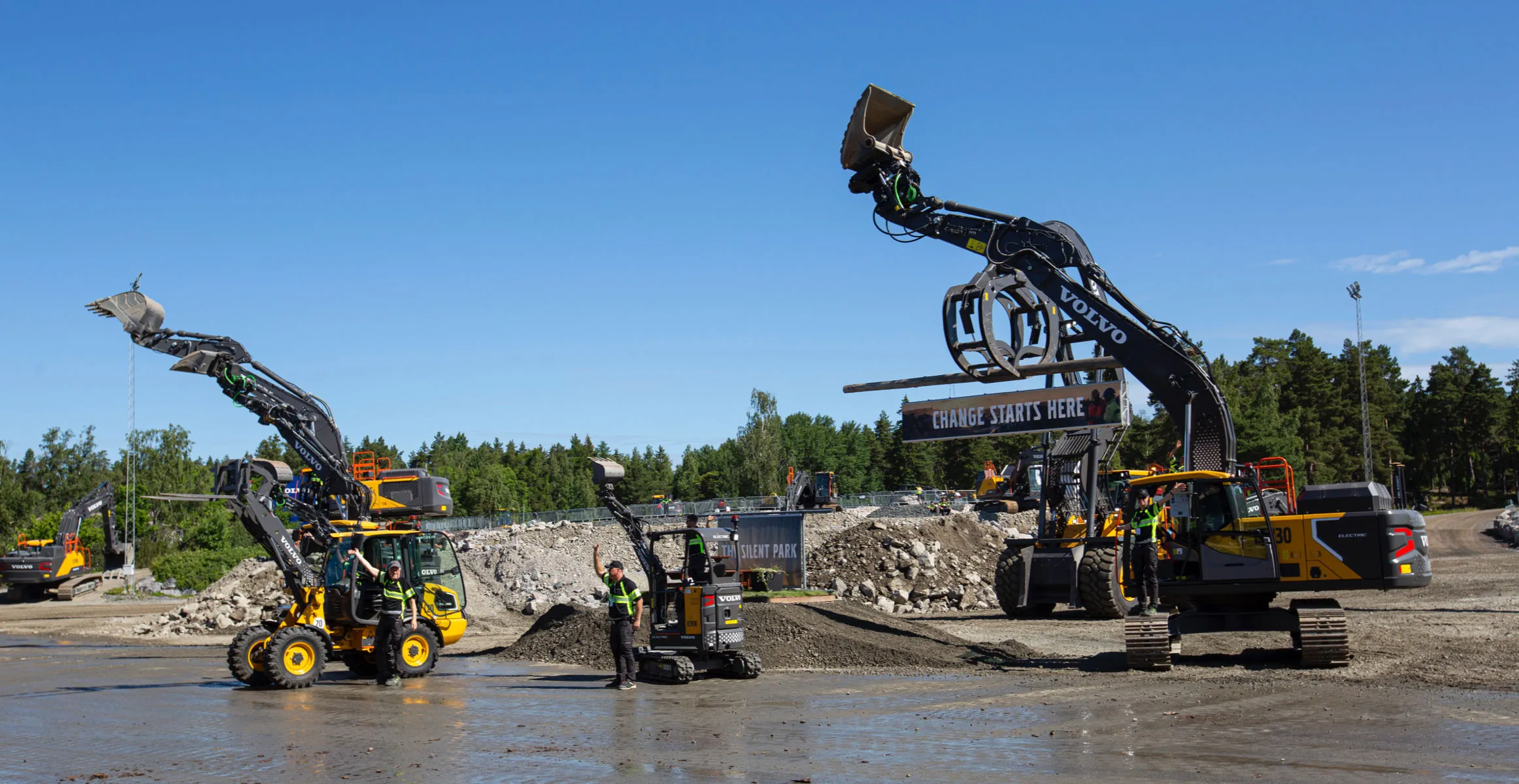Hyundai Heavy Industries (HHI) has revealed a strong financial performance during the first half of 2016. Profits for the engineering firm reached US$792.754 million (900 billion South Korean Won) for the first half of 2016.
The second quarter for the April-June period was healthy, with HHI achieving $8.68142 billion (9.8627 trillion Won) in sales, while operating income stood at $490.504 million (557.2 billion Won). Meanwhile accumulated sales hit $$17.7306 billion (20.1355 trillion Won) and operating p
July 27, 2016
Read time: 2 mins
The second quarter for the April-June period was healthy, with HHI achieving $8.68142 billion (9.8627 trillion Won) in sales, while operating income stood at $490.504 million (557.2 billion Won). Meanwhile accumulated sales hit $$17.7306 billion (20.1355 trillion Won) and operating profits for the first half of this year reached $777.01 million (882.4 billion Won).
HHI says that its strong operating profits in this period follows from restructuring measures put in place since 2014 as well as strong from its refining subsidiary.
An HHI officer said, “Stabilisation of manufacturing processes for offshore plant business, change orders received from its offshore plant business clients, and increased building volume of ships that HHI won at profitable prices outweighed the 260 billion Won ($228.961 million) one-off cost for the voluntary retirement program. Continued efforts to reduce material costs for non-shipbuilding businesses including Engine & Machinery, Electro Electric Systems and Construction Equipment also played a role for the profits.”
Meanwhile, a representative of global accounting firm PwC, announced on July 26 that HHI’s £3.08216 billion (3.5 trillion Won) worth of management improvement plan is good enough for it to make operating profits and secure liquidity even in the worst case scenario.
Today, HHI also held a board of directors meeting and decided to sell Hyundai Finance Corporation and Hyundai Venture Investment Corporation as a part of the proposed management improvement plan. With the decision to dispose of all of its financial arms including Hyundai Futures, Hi Asset Management and Hi Investment & Securities, HHI will accelerate its business reorganisation efforts with much more focus on its core businesses.








